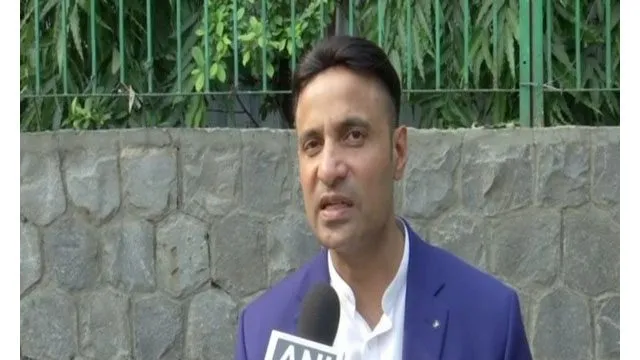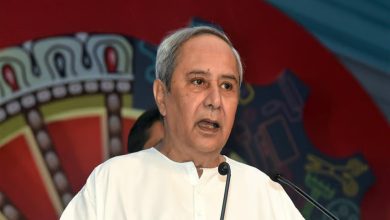Health expert said- increase in COVID cases led to increase in testing, samples sent for genome sequencing

New Delhi: As several states are witnessing a surge in COVID cases, the number of active patients reached 3742 on Sunday, concerns have increased with Kerala reporting the highest number of cases, where a new variant, JN. 1 has surfaced.
In the ongoing fight against the emerging coronavirus, Dr. Sameer Bhati, public health expert and Director of STAR Imaging and Path Lab, sheds light on its changing dynamics.
Despite the relatively low number of tests in Delhi, cases are closely monitored and genome sequencing is carried out to identify any emerging variants.
Dr Bhati explains that while RTPCR testing is employed to detect COVID, genome sequencing is done to identify new variants.
Samples of infected individuals are sent for testing, which reveals the specific type as the virus undergoes continuous changes. Notably, the public health expert pointed out that the symptoms remain persistent with cough, cold, fever and sore throat.
He said that currently, COVID testing includes three methods: home testing with kits, rapid antigen testing providing quick results and RTPCR testing for comprehensive analysis.
Dr. Bhati said that most people are opting for home testing or hospital testing if symptoms appear. Positive cases are subsequently directed for genome sequencing to detect any potential new variants.
Apart from COVID, Dr Bhati noted an increase in testing for seasonal flu, although its prevalence is relatively low in the capital. The rise in COVID cases is particularly notable in states with high travel rates like Kerala, Tamil Nadu and Maharashtra.
Dr Bhati anticipates the possibility of a rise in COVID cases in Delhi and NCR in the coming days.
In response to the possible increase in cases, Dr. Bhati underlines the importance of providing information about positive cases to ICMR, starting with genome sequencing in select cases.





